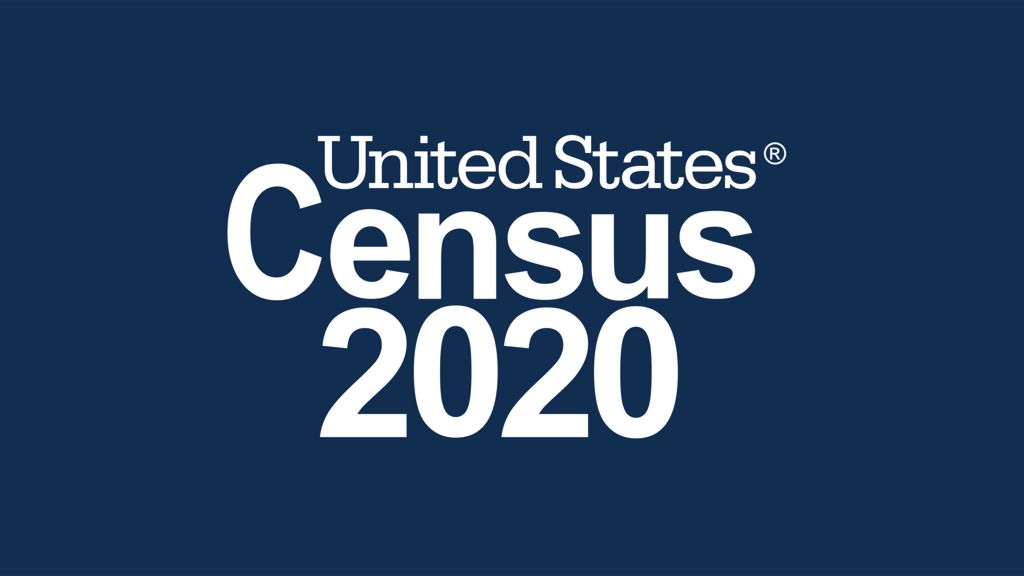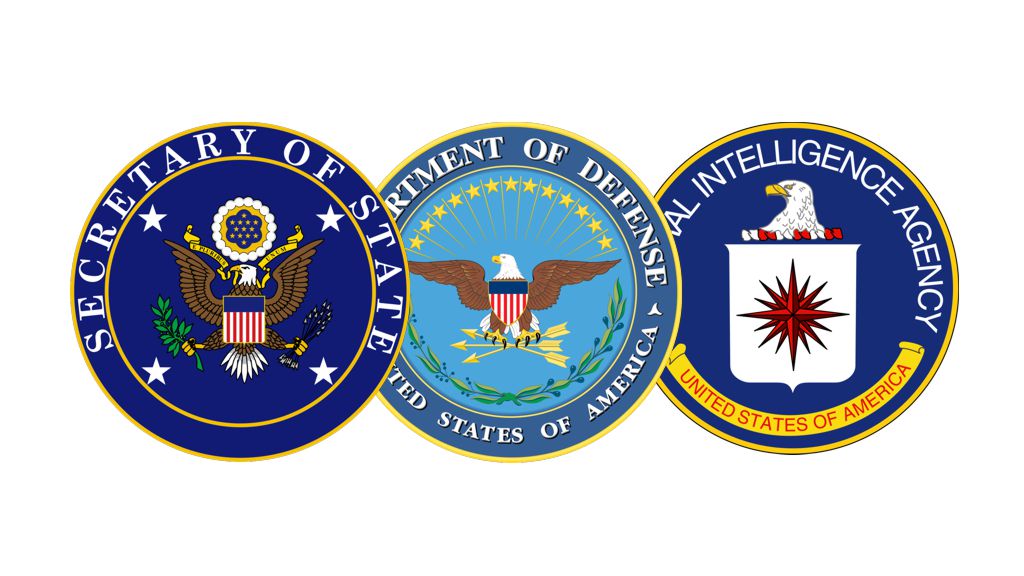On Friday, December 18, 2020 in a 6-3 ruling, the Supreme Court agreed to exclude millions of undocumented immigrants from the 2020 census, according to The New York Post.
“At present, this case is riddled with contingencies and speculation that impede judicial review,” the high court said.
“The President, to be sure, has made clear his desire to exclude aliens without lawful status from the apportionment base.”
“But the President qualified his directive by providing that the Secretary should gather information ‘to the extent practicable’ and that aliens should be excluded ‘to the extent feasible.’”
“Consistent with our determination that standing has not been shown and that the case is not ripe, we express no view on the merits of the constitutional and related statutory claims presented. We hold only that they are not suitable for adjudication at this time.”
“I believe this Court should say so,” Justice Stephen Breyer said.
The Trump administration aims to exclude non-citizens from the census count.
allegedly, California alone could potentially lose two or three seats if illegals are not counted in the 2020 Census.
More from New York Post:
If Trump were to succeed, large Democratic states like California and New York, which are home to large immigrant populations — and whose “sanctuary cities” like the Big Apple work to protect illegal aliens from federal law enforcement — would likely be disproportionately impacted.
The census has already been conducted, but analysts at the Commerce Department, which oversees the US Census Bureau, are still trying to determine the number of undocumented immigrants in the country.
Trump and his legal team have argued that the plan is both constitutional and within his legal powers as president.
Still, it’s not clear that Friday’s decision will have much practical effect. Documents leaked to the House committee that oversees the Census Bureau suggest the apportionment numbers won’t be ready until after Jan. 20, when Trump leaves office and Joe Biden becomes president. The Census Bureau has acknowledged the discovery of data irregularities in recent weeks that put the Dec. 31 deadline in jeopardy.








